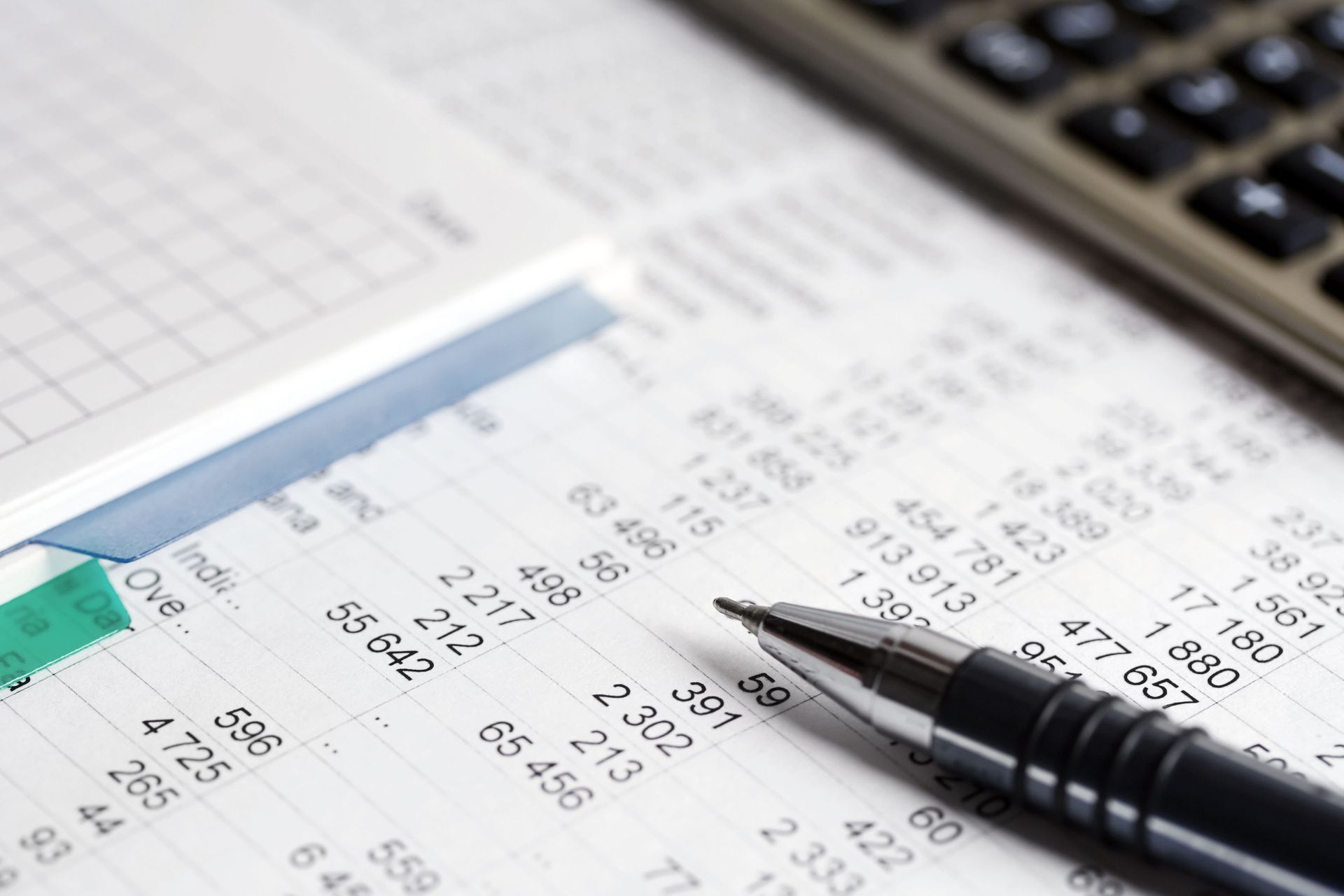Business Auto Tax Deduction Strategies
Carpenter Evert & Associates Has Info To Consider Before Buying A Vehicle

Business Auto Deduction Strategies
Since the passing of the Tax Cuts and Jobs Act on December 22, 2017 small business owners have been eligible for higher annual depreciation deductions and bonus depreciation. You can also now convert a personal vehicle to business and depreciate it going forward.
Annual limits for depreciation are as follows:
1st Year - $10,100 ($18,100 with bonus depreciation if you buy a new or used vehicle)
2nd Year - $16,100
3rd Year - $9,700
4th and following Years - $5,760
Through the end of 2022 you can take bonus depreciation that allows for 100% write off of the cost of a new or used vehicle placed into service and used 50% or more for the business.
Leased vehicles
When you lease a vehicle you will deduct the actual expenses including the lease payment multiplied by the business use percentage. Monthly payments are typically lower on a luxury car when it is leased then when it is owned. You have to be careful though that you don’t drive more miles than annual amount covered under the lease because any excess you will have to pay for when you return the vehicle at the end of the lease period.
Mileage method versus actual expense method
There are two options business owners must choose from to document and utilize when writing off auto deductions.
Standard Mileage Rate – in 2021 you can deduct $0.56 for every business mile you drive.
Actual Expenses – the alternative to the mileage method is the actual expense method. You have to determine the actual costs to operate the vehicle for the portion of the overall use of the car that is business use. Applicable expenses include gas, oil, tires, repairs and maintenance, insurance, registration and depreciation or lease payments.
In order to use the standard mileage rate for a car you own you must choose the standard mileage rate method for the first year it is available for use in your business. For a leased car you have to use the standard mileage rate method for the entire lease period if you choose it.
Here’s a few things to consider on whether you should deduct actual expenses or mileage:
- If you are going to put on significant business miles, and the car is a lower purchase cost than the Mileage Method is the right choice.
- If you’re NOT going to have a lot of business miles, and it’s an average-cost vehicle used exclusively or primarily for business, then you will lean towards the Actual Method.
- If you’re NOT going to have a lot of business miles, and it’s a more expensive car used exclusively or primarily for business, you should consider leasing and the Actual Method. You’ll have lower monthly payments making it a better economic decision.
- If you are going to drive relatively few miles and it’s a lower-cost vehicle used primarily or exclusively for business, the Actual Method is still the better choice because the miles won’t give you the benefit compared to taking some type of depreciation.
- If you are going to use your car part-time for business because you have a day job, you will typically use the Mileage Method. The reason for using the mileage method is that you have to show at least 50% business use in order to utilize the actual method.
- If you are going to buy a SUV or truck that weighs 6,000lb or more, you will generally lean towards the Actual Method because you are going to have a lower MPG pushing up your actual costs and bonus depreciation is 100 percent. In other words, you can possibly write off the entire vehicle in the first year.
Deciding whether to take the actual expense method or the standard mileage rate method is going to be vary on many factors. Talking to your CPA or tax advisor before buying a new to you vehicle is always wise so that you can be proactive in determining the best strategy for you.











Share On: